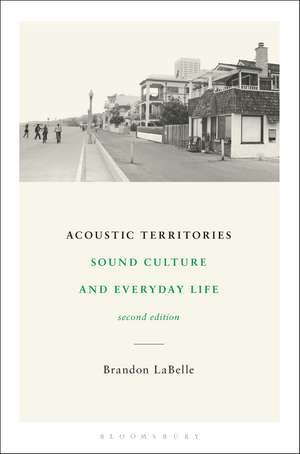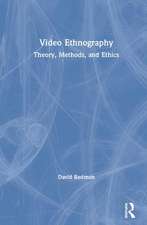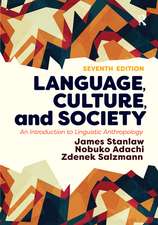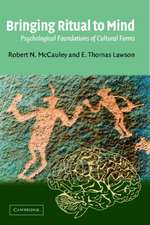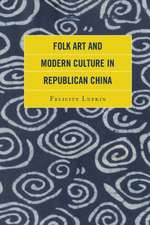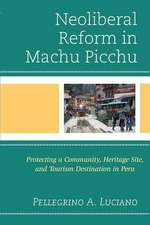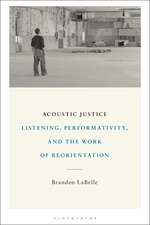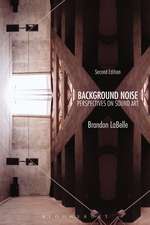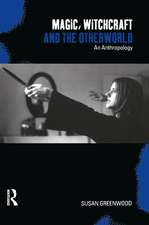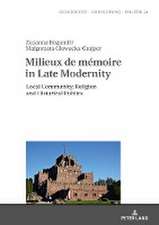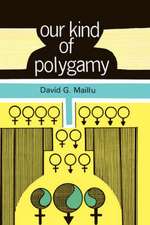Acoustic Territories, Second Edition: Sound Culture and Everyday Life
Autor Brandon LaBelleen Limba Engleză Paperback – 16 oct 2019
| Toate formatele și edițiile | Preț | Express |
|---|---|---|
| Paperback (1) | 186.35 lei 6-8 săpt. | +47.45 lei 7-11 zile |
| Bloomsbury Publishing – 16 oct 2019 | 186.35 lei 6-8 săpt. | +47.45 lei 7-11 zile |
| Hardback (1) | 656.47 lei 6-8 săpt. | |
| Bloomsbury Publishing – 16 oct 2019 | 656.47 lei 6-8 săpt. |
Preț: 186.35 lei
Preț vechi: 215.87 lei
-14% Nou
Puncte Express: 280
Preț estimativ în valută:
35.66€ • 36.52$ • 29.67£
35.66€ • 36.52$ • 29.67£
Carte tipărită la comandă
Livrare economică 18 martie-01 aprilie
Livrare express 11-15 februarie pentru 57.44 lei
Preluare comenzi: 021 569.72.76
Specificații
ISBN-13: 9781501336195
ISBN-10: 1501336193
Pagini: 248
Dimensiuni: 152 x 229 x 20 mm
Greutate: 0.41 kg
Ediția:2
Editura: Bloomsbury Publishing
Colecția Bloomsbury Academic
Locul publicării:New York, United States
ISBN-10: 1501336193
Pagini: 248
Dimensiuni: 152 x 229 x 20 mm
Greutate: 0.41 kg
Ediția:2
Editura: Bloomsbury Publishing
Colecția Bloomsbury Academic
Locul publicării:New York, United States
Caracteristici
The new edition includes a new "territory" section on the geopolitical, as well as chapters updated throughout to include new technology and network culture; incorporate heavier theoretical and practical application; includes new relevant research and references surfacing since 2010; and includes a new preface to the second edition
Notă biografică
Brandon LaBelle is Professor of New Media at The Art Academy, University of Bergen, Norway, as well as an artist and writer working with sound culture, voice, and questions of agency. His books Background Noise, Second Edition (2015) and Lexicon of the Mouth (2014) are published by Bloomsbury Academic. He is the editor of Errant Bodies Press, Berlin, and an associated Professor at the Autonimia Akadimia, Athens.
Cuprins
Preface to the Second EditionIntroductionChapter 1: Underground: Busking, Acousmatics, and the EchoChapter 2: Home: Ethical Volumes of Silence and NoiseChapter 3: Sidewalk: Steps, Gait, and Rhythmic Journey-FormsChapter 4: Street: Auditory Latching, Cars, and the Dynamics of VibrationChapter 5: Shopping Mall: Muzak, Mishearing, and the Productive Volatility of FeedbackChapter 6: Sky: Radio, Spatial Urbanism, and Cultures of TransmissionEpilogue: Queer Listening, Acoustic Justice, and Acts of CompositioningNotesBibliographyIndex
Recenzii
[An] important text for anyone involved in any form of sound studies.
LaBelle, a sound artist and an academic, writes with a fluid brilliance about the way that sound interacts with the other elements of our experience with a kind of comprehension and comprehensiveness that can suggest Marshall McLuhan's Understanding Media or Siegfried Giedion's Mechanization Takes Command, resulting in a visionary tome linking history, subcultures and street art. It's not a book about music per se, but it's hard to imagine a reading of it not interacting creatively with anyone's thinking on musical practice and meaning. LaBelle has a kind of accepting overview that I can't help admiring. It's too easy to simply decry noise pollution or the behavioural engineering of public space without actually exploring what a specific event might mean (e.g., how sound is wrapped up in identity and issues of private and public space), but LaBelle has the ability to keep thinking where many others would just react. It's an ability that makes this one of the more stimulating reads of the year.
Acoustic Territories takes account of contemporary urban space by listening to it ... From the underground to the sky, this groundbreaking book explores the sonorities of everyday life, identifies the major stakes and challenges, and leads us brilliantly towards an auditory paradigm of urban experience.
LaBelle argues that everyday acoustic life has an unbounded, yet highly differentiated, nature which offers new interdisciplinary modes of thinking to contemporary questions of global inhabitation, relation and disruption. In doing so, he makes a valuable contribution to the expanding field of sonic research.
LaBelle, a sound artist and an academic, writes with a fluid brilliance about the way that sound interacts with the other elements of our experience with a kind of comprehension and comprehensiveness that can suggest Marshall McLuhan's Understanding Media or Siegfried Giedion's Mechanization Takes Command, resulting in a visionary tome linking history, subcultures and street art. It's not a book about music per se, but it's hard to imagine a reading of it not interacting creatively with anyone's thinking on musical practice and meaning. LaBelle has a kind of accepting overview that I can't help admiring. It's too easy to simply decry noise pollution or the behavioural engineering of public space without actually exploring what a specific event might mean (e.g., how sound is wrapped up in identity and issues of private and public space), but LaBelle has the ability to keep thinking where many others would just react. It's an ability that makes this one of the more stimulating reads of the year.
Acoustic Territories takes account of contemporary urban space by listening to it ... From the underground to the sky, this groundbreaking book explores the sonorities of everyday life, identifies the major stakes and challenges, and leads us brilliantly towards an auditory paradigm of urban experience.
LaBelle argues that everyday acoustic life has an unbounded, yet highly differentiated, nature which offers new interdisciplinary modes of thinking to contemporary questions of global inhabitation, relation and disruption. In doing so, he makes a valuable contribution to the expanding field of sonic research.
